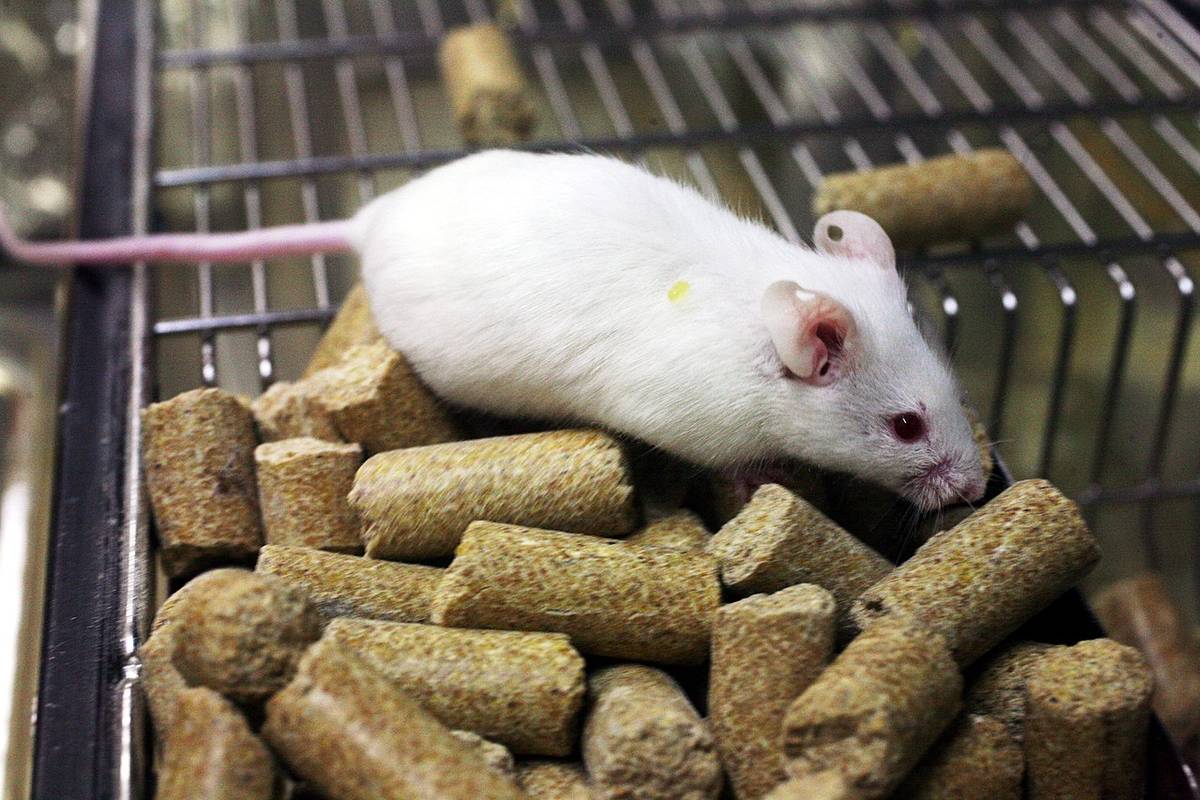You are viewing a preview of...
Mouse Model for Mitochondrial Diseases
Transgenic, heteroplasmic mouse with stable pathogenic mtDNA mutations,

Background
Mutations in the mitochondrial DNA (mtDNA) affect mitochondrial function essential for the oxidative phosphorylation system, the aerobic respiration and the efficient production of cellular energy. The resultant devastating mitochondrial disorders are not only involved in encephalomyophathies, especially brain and muscle diseases due to their high-energy requirement but also in a variety of age-associated human diseases. Despite the realization that mitochondrial disease is a relatively common genetic disorder, treatment is still very limited.
The lack of appropriate animal models carrying pathogenic mtDNA mutations, recreating human disease phenotypes, is a big obstacle for in vivo testing of novel treatments. Despite enormous efforts, direct manipulation and stable transfection of mtDNA are still not possible. Currently used, indirect methods of mtDNA manipulation do
Log in or create a free account to continue reading